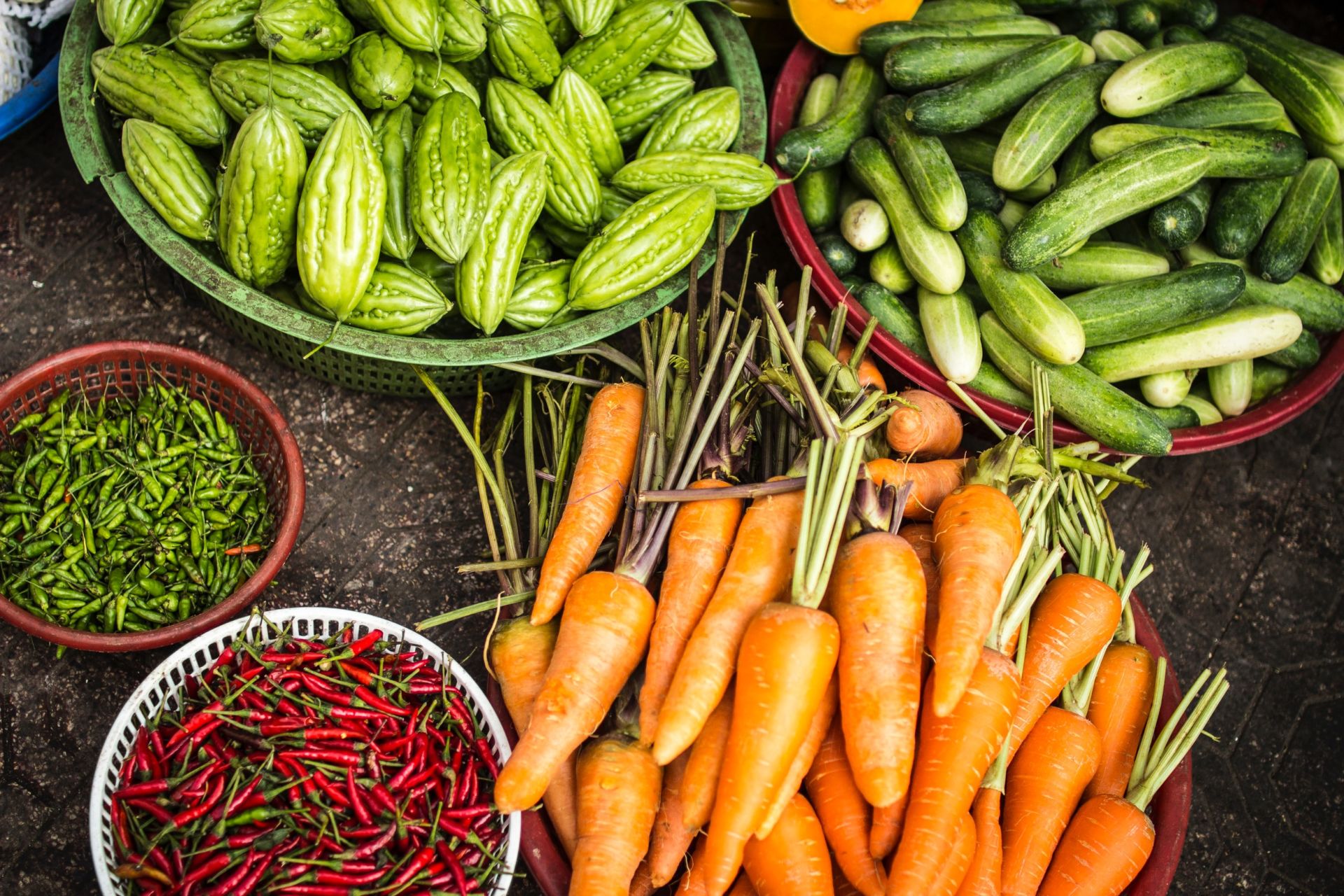If you look in my store cupboard, you will see a range of dried and canned goods. Some are basics like oats, tinned tomato, and baked beans. Others are a bit more exotic, like Shirataki Noodles made from the starchy root of the Konjac plant, which I discovered while I lived in Hong Kong. My cupboard is a window to my world and diet diversity. By looking in, you can see not only what I like to eat, but also my cultural background and previous food experiences. Its diversity and fullness also show that my household is not currently hungry. I have been hungry in the past, which perhaps explains why the cupboard is so full. I stock-up now for the possibility that there might come a day when I am hungry again. Poverty can stay with you and shape what you eat.
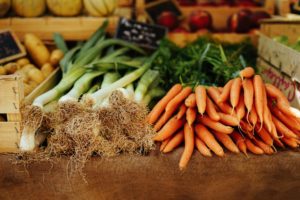
One of the key recommendations from the IPCC’s new special report on climate change and land says we should all change what we eat. To make this change, we should not only eat more fruits and vegetables, but we should increase the variety of foods that we consume. However, this is a hard task for those on a low income.
Related topics: The African Diet – Indoor Farming Technologies to Decentralize Food Production – Plant-Based Meat – Ending Hunger – The Obesity Epidemic
Narrow Options
I have spent the last several years talking with low-income eaters and charities that provide food to people in their communities in the UK and in the US. I have heard people talk about the struggle to buy food that is both filling and affordable. I often hear tales about the efforts to put good food on the table, which is better than what might be found at the takeaway. I have heard parents talk about how they are reluctant to try new foods because they fear the food will not be liked, with the result being that the food will become wasted or create an argument.
Throwing away food items equates to throwing away money, which is already in short supply. In one discussion, a young woman with a weekly food budget of £20 summed it up this way:
We rely a lot on frozen food. It is very hard to eat healthy meals. It’s affordability more than anything. To buy fresh fruit and veg, each week—it goes off so fast, and you constantly are topping up. And…you know… it is expensive when you are buying strawberries at two pounds a go and fresh grapes at two or three pounds a go.
Those providing summer holiday activities have told me about children who do not know what grapes are because they have never seen them, let alone have eaten them.
Risk aversion becomes part of the process of buying food. In some places, this way of eating is the norm and has been for some time among the majority of the population. This, in turn, translates to what becomes available in a particular locality. If people are not buying the vegetables, then the vegetables disappear from shops. When the food is not on display and if families are not able to buy it anyway, the food disappears from diets. The effects of poverty are not just expressed through household budgets but are also written into the places where people live. Our foodscapes – the contexts within which we source the foods that we eat—like my store cupboard, becomes a physical representation of how people in a place relate to food.
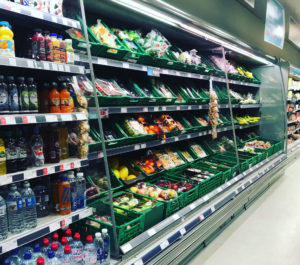
We cannot expect people to suddenly change their diets and increase their fruit and vegetable uptake without also considering how they get their food and why they eat what they do. We need solutions that include building healthier foodscapes. To enable a more diverse diet, people must be empowered to experiment and try new foods in ways that are not patronizing. This involves reducing the financial risks associated with buying and eating new foods.
Editor’s Pick:
Changing Foodscapes
There are many innovative ways to address this issue.
One way is to target communities where people struggle to access healthy and affordable food and provide food vouchers. We have been doing this as part of a pilot research project, called Fresh Street, in two communities in Yorkshire. In other communities, such as Liverpool, the Alexandra Rose Charity is providing similar fruit and vegetable vouchers for low-income families with young children and using a van as a sort of pop-up shop. In Seattle, USA, the Pike Place Market Foundation doubled the value of SNAP (a nationally-funded food voucher program) if families spent their entitlement in farmers’ markets.
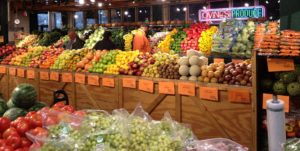
In the Fresh Street Project, people said the vouchers enabled them to risk trying new foods such as parsnips. Parents talked about providing fruit for their children as snacks rather than crisps and biscuits. Directors of the Liverpool and Seattle projects gave similar accounts.
My research with food clubs and pantries also illustrates how surplus food can enable more diverse diets in low-income communities. Surplus food often arises at random and can contain foods that would not normally be accessed in some places. For example, more expensive food brands, or as one pantry operator listed, “olives, eels, and fish with heads on” are not foods typically found in low-income areas. To help introduce these foods and make them more acceptable, pantries are now offering cook and eat sessions so that people can try the “strange foods” and learn to cook them.
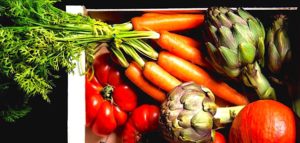
It is clear that if we are to address environmental and foodscape issues, we also need to make it possible for everyone to engage with the changes that will be required, which is what these initiatives and others are attempting to do. While these actions are important, they remain locally based. We need greater national support to help scale them up.


